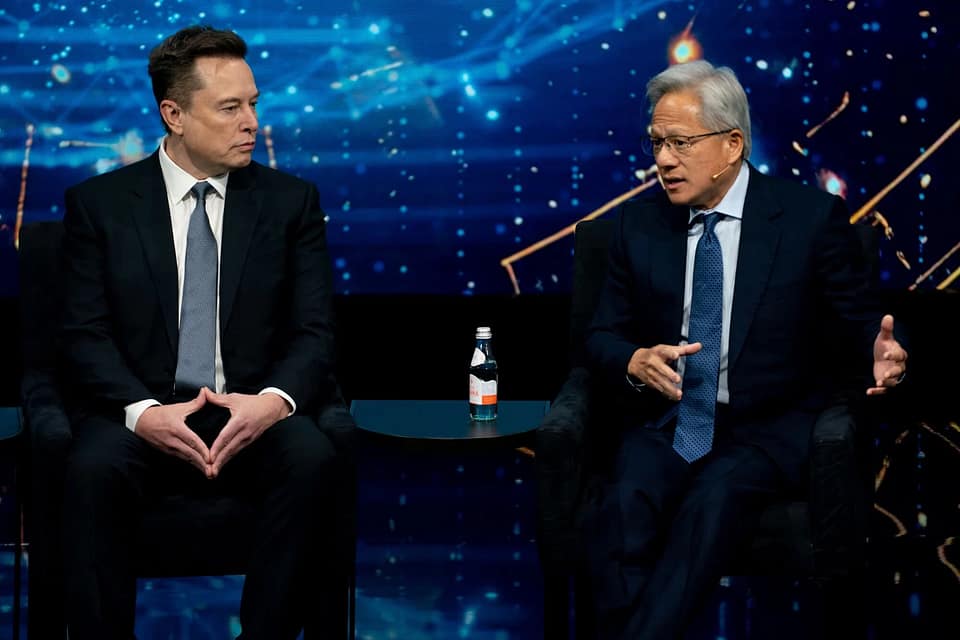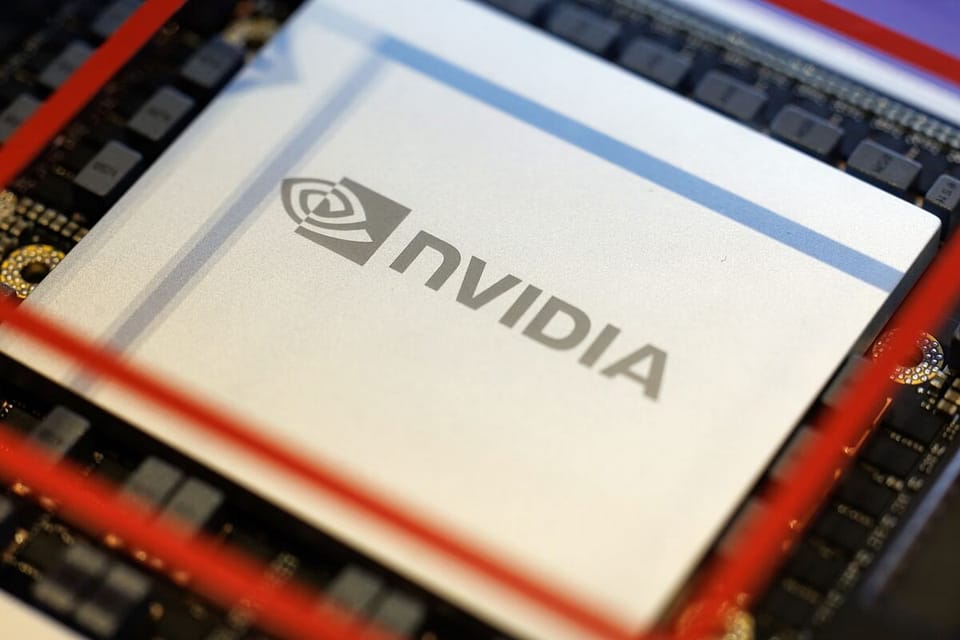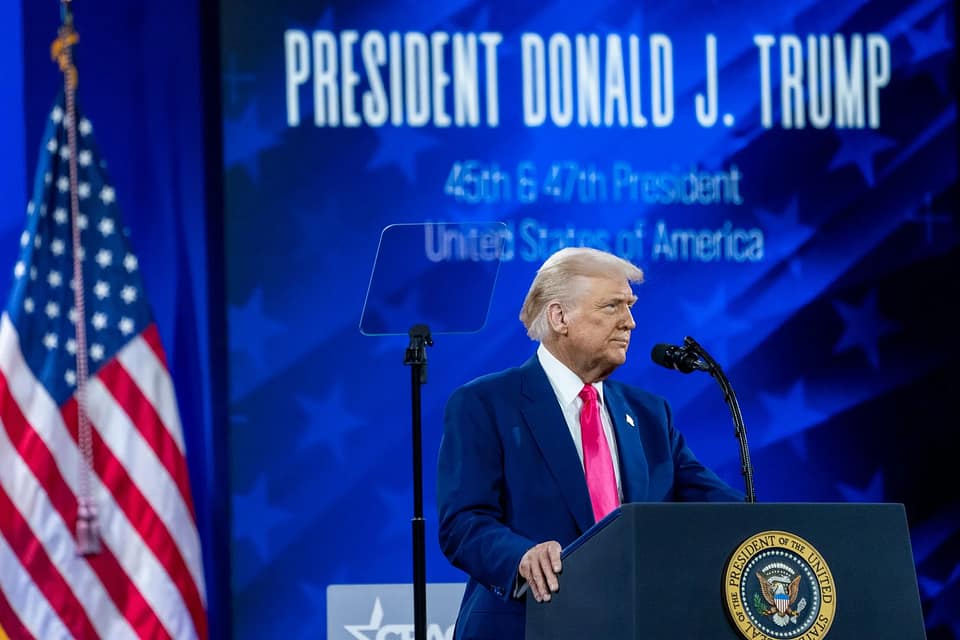Trump-Backed AI Surveillance: In early 2025, the Trump administration unveiled a bold and controversial initiative that has sent ripples through both government corridors and corporate boardrooms: the Department of Government Efficiency (DOGE), led by tech titan Elon Musk. Reports have emerged that this Musk-led team is leveraging artificial intelligence (AI) to monitor federal agencies, aiming to root out inefficiencies, slash budgets, and—some claim—identify employees perceived as disloyal to the administration’s agenda. Dubbed “Trump-backed AI surveillance” by critics and supporters alike, this move has sparked fierce debate about privacy, power, and the intersection of technology and governance. For businesses, particularly those in the tech, government contracting, and AI sectors, this development signals both opportunity and uncertainty. Here’s a deep dive into what’s happening, why it matters, and how companies can navigate this new landscape.
The DOGE Initiative: A Tech-Driven Efficiency Overhaul
The Department of Government Efficiency, established via executive order on January 20, 2025, is a cornerstone of President Trump’s second-term agenda to streamline the federal government. With Musk at the helm, DOGE’s stated mission is to cut $1 trillion—or more—from the U.S. annual budget by targeting waste, fraud, and abuse. The initiative has already made headlines for its aggressive tactics, including mass layoffs, agency budget cuts, and the use of advanced technology to overhaul federal operations.
What’s grabbing the most attention, however, is DOGE’s reported deployment of AI to monitor federal agencies. Sources indicate that the team is using AI tools to analyze communications and data within agencies like the Environmental Protection Agency (EPA) and the Department of Education, searching for inefficiencies and, allegedly, sentiments hostile to Trump or Musk. This surveillance, while framed as a means to optimize government functions, has raised red flags about overreach and ethics, even as it showcases the power of AI in transforming large-scale operations.
For businesses, this isn’t just a political story—it’s a signal of how AI and government might intersect in the coming years, with implications for contracts, compliance, and innovation.
How It Works: AI as the Government’s New Watchdog
DOGE’s AI surveillance reportedly involves sophisticated algorithms analyzing vast troves of federal data—emails, internal reports, and even employee sentiment. At the EPA, for instance, managers have been warned that AI is scanning for language deemed “anti-Trump” or “anti-Musk,” according to sources familiar with the operation. Meanwhile, at the Department of Education, AI has been fed sensitive data to evaluate programs and spending, potentially guiding cuts that could reshape entire sectors.
This isn’t Musk’s first rodeo with cutting-edge tech. His companies, like Tesla and SpaceX, have long harnessed AI for optimization and innovation. Now, DOGE appears to be adapting these tools for government use, possibly integrating proprietary systems from Musk’s ecosystem—like xAI, his AI venture—though official confirmation remains elusive. The result? A tech-driven audit machine that promises efficiency but blurs the line between oversight and intrusion.
For businesses, particularly those in AI development or government contracting, this raises a critical question: could DOGE’s tech stack become a blueprint for future federal operations? If so, the demand for AI solutions tailored to government needs could skyrocket.
The Business Opportunities: Riding the AI Wave
- AI Development and Deployment
The use of AI in DOGE’s surveillance efforts highlights a growing market for government-grade AI solutions. Companies specializing in natural language processing, data analytics, and predictive modeling could find new clients in federal agencies looking to modernize—or comply with DOGE’s mandates. Firms like Palantir, already entrenched in government data work, might see competitors emerge as Musk’s approach sets a precedent. For smaller AI startups, this could mean pitching scalable, secure tools to a government eager to shed its “aging computer systems,” as Musk has called them. - Government Contracting Shake-Up
DOGE’s mission to cut spending and renegotiate contracts—backed by AI insights—could upend the $600 billion federal contracting industry. Businesses that rely on government deals, from defense giants like Lockheed Martin to IT providers like IBM, may face tighter scrutiny and leaner budgets. However, those that can demonstrate efficiency and align with DOGE’s goals—say, by integrating AI into their offerings—might gain a competitive edge. The key? Proving value in a cost-cutting era. - Cybersecurity and Privacy Solutions
With AI surveillance comes heightened risk of data breaches and privacy violations—a concern already voiced by ethics experts and federal unions. Cybersecurity firms could capitalize on this by offering robust protections for government systems, while privacy-tech startups might pitch tools to anonymize or secure employee data. As DOGE’s operations expand, the demand for compliance-ready solutions will likely grow.
The Risks: Navigating a Political and Ethical Minefield
While opportunities abound, the Trump-backed AI surveillance push isn’t without pitfalls for businesses.
- Reputation and Public Backlash
Companies partnering with DOGE or supplying AI tools could face backlash from privacy advocates, unions, and segments of the public who view this as Orwellian overreach. The optics of enabling surveillance—especially if it targets federal workers for political loyalty—could tarnish brands, particularly in consumer-facing sectors. Businesses will need to weigh the financial upside against potential PR fallout. - Legal and Regulatory Uncertainty
DOGE’s actions have already sparked lawsuits, with groups like the American Federation of Government Employees challenging its authority and ethics. If courts rule that AI surveillance violates federal laws—like the Federal Advisory Committee Act or privacy statutes—businesses tied to these tools could face legal exposure. The lack of congressional oversight adds another layer of risk, as DOGE operates in a gray area of executive power. - Market Volatility
The administration’s aggressive cost-cutting could destabilize industries reliant on federal funding, from education tech to environmental services. Companies that fail to adapt to DOGE’s AI-driven audits might see contracts terminated or budgets slashed, creating uncertainty in long-term planning.
What Businesses Should Do Now
For CEOs and entrepreneurs, the Musk-led DOGE experiment is a wake-up call to adapt to a new reality where AI and government collide. Here’s how to position your business:
- Innovate with Purpose: Develop AI tools that align with efficiency goals but prioritize transparency and ethics. Highlight how your tech can save taxpayer dollars without crossing into surveillance territory.
- Strengthen Compliance: Ensure your offerings meet federal security and privacy standards, anticipating scrutiny from both DOGE and its critics.
- Monitor the Landscape: Track DOGE’s moves—agency targets, budget cuts, tech deployments—to spot opportunities or threats early. Musk’s X platform, where he often broadcasts DOGE updates, is a good starting point.
- Diversify Revenue: If you’re heavily tied to federal contracts, explore private-sector growth to hedge against DOGE-driven disruptions.
The Bigger Picture: AI’s Role in Governance
Beyond the immediate business implications, DOGE’s AI surveillance raises broader questions about technology’s role in governance. Musk has long championed AI as a transformative force, once suggesting it could replace government workers entirely. If DOGE succeeds, it could set a precedent for AI-driven administration—not just in the U.S., but globally. For businesses, that’s a future where government efficiency isn’t just a buzzword but a tech-powered mandate.
Yet, the controversy surrounding DOGE—its secrecy, its methods, its Musk-Trump nexus—underscores the tension between innovation and accountability. Critics argue it’s less about efficiency and more about consolidating power, a charge the administration denies. As of April 8, 2025, the initiative’s full impact remains unclear, but its ripples are already reshaping the business-government dynamic.
Conclusion: A New Frontier for Business Strategy
Trump-backed AI surveillance through Musk’s DOGE team is more than a political lightning rod—it’s a catalyst for change in how businesses engage with government. For tech firms, it’s a chance to lead the charge in AI innovation; for contractors, it’s a call to prove their worth; and for all, it’s a test of navigating uncharted waters. As DOGE’s AI tools hum through federal data, businesses must decide: adapt to this brave new world or risk being left behind. The stakes—for profit, ethics, and the future of governance—couldn’t be higher.
Discover more from News Diaries
Subscribe to get the latest posts sent to your email.
































